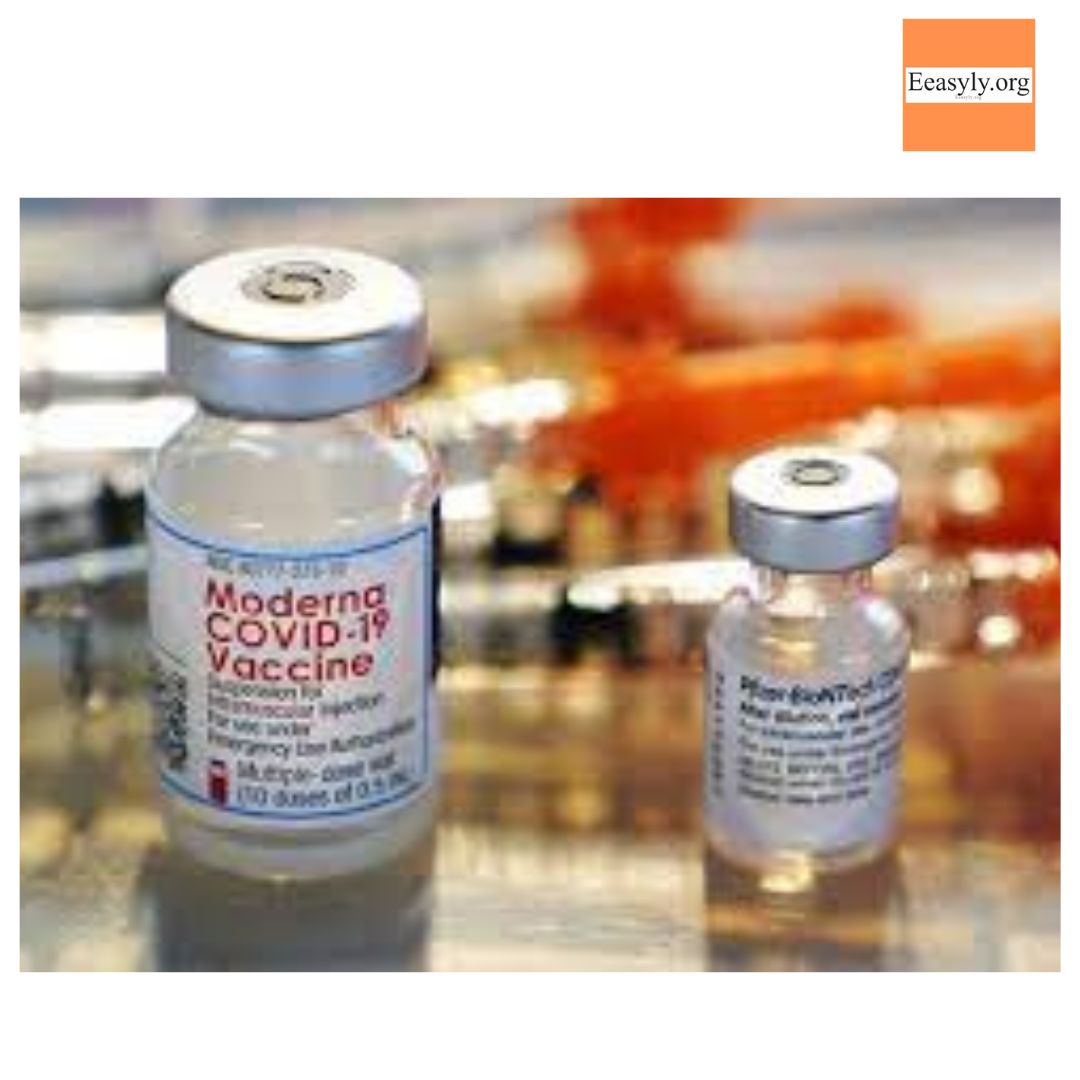
The Pfizer-BioNTech COVID-19 vaccine, known as Comirnaty, has played a crucial role in the global effort to combat the COVID-19 pandemic. As new variants of the virus have emerged, booster shots have become an important tool to maintain immunity and protect against severe disease. Pfizer offers a bivalent booster shot, which combines the original vaccine with a variant-specific component. Like any vaccine, the pfizer bivalent booster side effects. It’s essential to understand what to expect when getting this booster shot.
Common Side Effects:
Most individuals who receive the Pfizer bivalent booster may experience some common side effects, which are similar to those observed with the initial vaccine series. These can include:
Pain at the Injection Site: Pain, redness, or swelling at the injection site is a frequent side effect. This discomfort is typically mild and temporary.
Fatigue: Feeling tired or fatigued is a common side effect after the booster shot. Many people report increased fatigue for a day or two.
Headache: Some individuals may experience mild to moderate headaches. Staying hydrated and getting adequate rest can help alleviate this symptom.
Fever and Chills: Low-grade fever or chills are possible side effects, but they are generally short-lived and resolve on their own.
Muscle and Joint Pain: Muscle aches and joint pain can occur, but they are usually mild and temporary.
Nausea: A mild feeling of nausea can occur as a side effect, although it is less common.
Uncommon Side Effects:
While most side effects of the Pfizer bivalent booster are mild and temporary, some individuals may experience less common or more severe reactions. These can include:
Allergic Reactions: Severe allergic reactions are rare but possible. If you have a history of severe allergies or anaphylaxis, it’s important to discuss this with your healthcare provider before receiving the booster.
Swelling of Lymph Nodes: Enlargement of lymph nodes in the armpit or neck region has been reported, but this typically resolves within a few days.
Unusual Fatigue: While fatigue is common, excessive or prolonged fatigue should be discussed with a healthcare provider.
It’s important to note that the side effects of the Pfizer bivalent booster shot are generally short-lived, with most symptoms resolving within a few days. These side effects are a sign that your immune system is responding to the vaccine and building protection against the virus.
If you experience side effects that are severe, concerning, or persist for an extended period, it’s advisable to contact your healthcare provider. It’s also crucial to report any adverse reactions to the Vaccine Adverse Event Reporting System (VAERS) to contribute to ongoing vaccine safety monitoring. Overall, the benefits of the Pfizer bivalent booster in boosting immunity and reducing the risk of severe COVID-19 outweigh the potential side effects for the vast majority of individuals.



